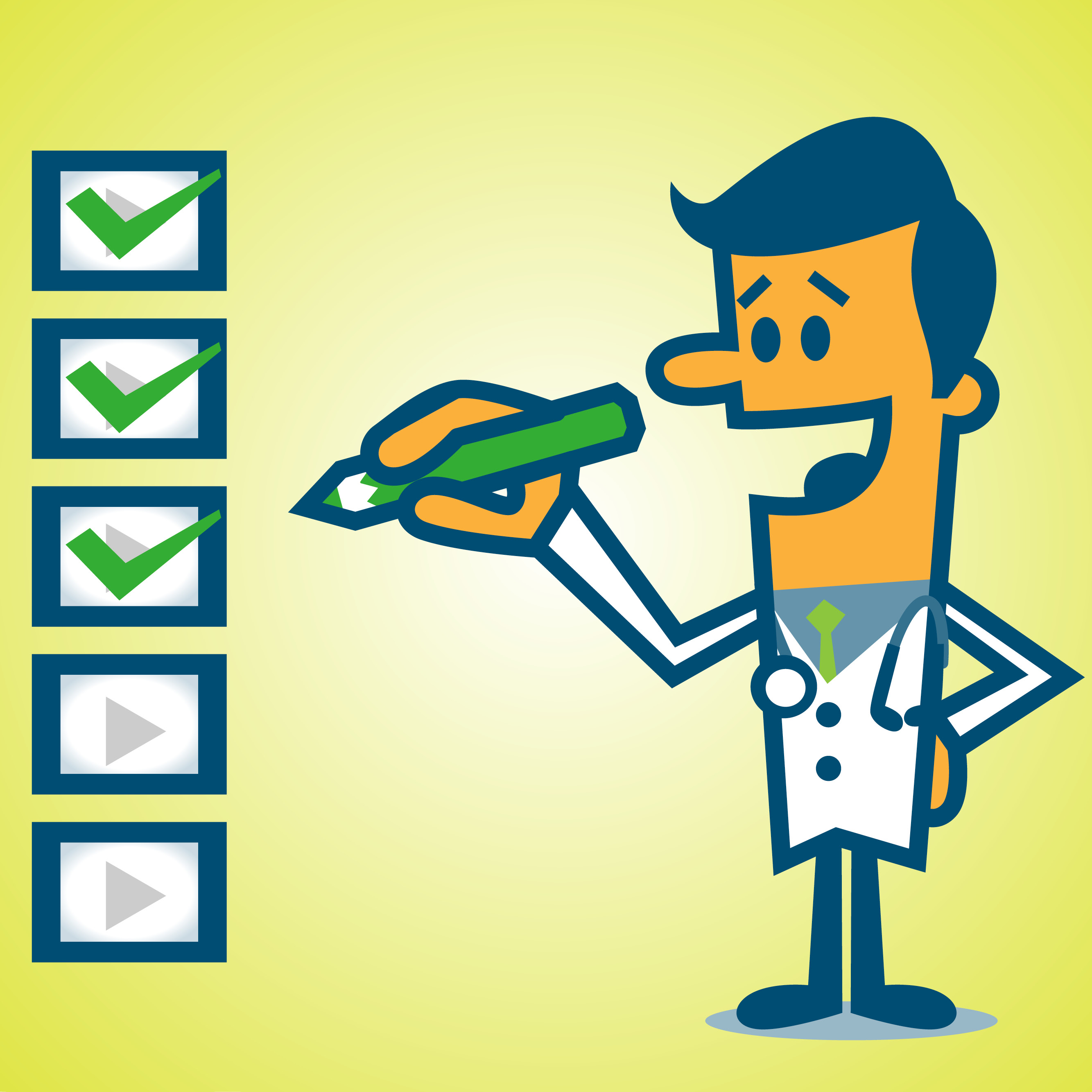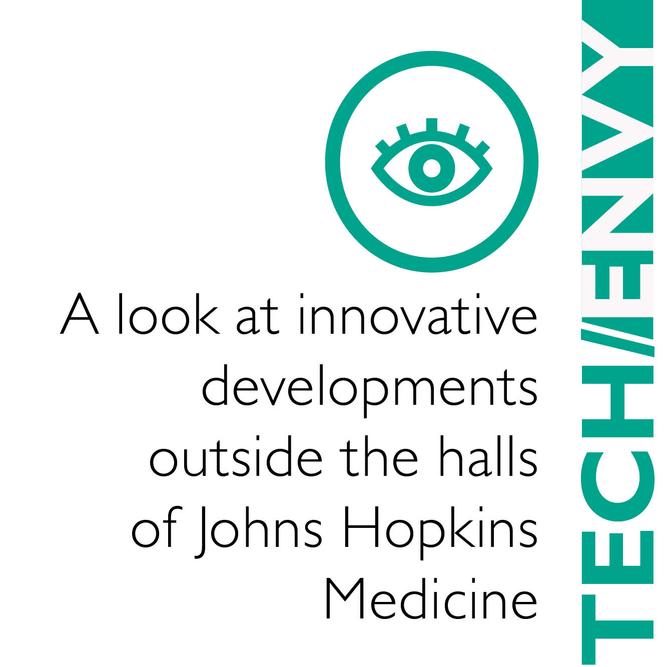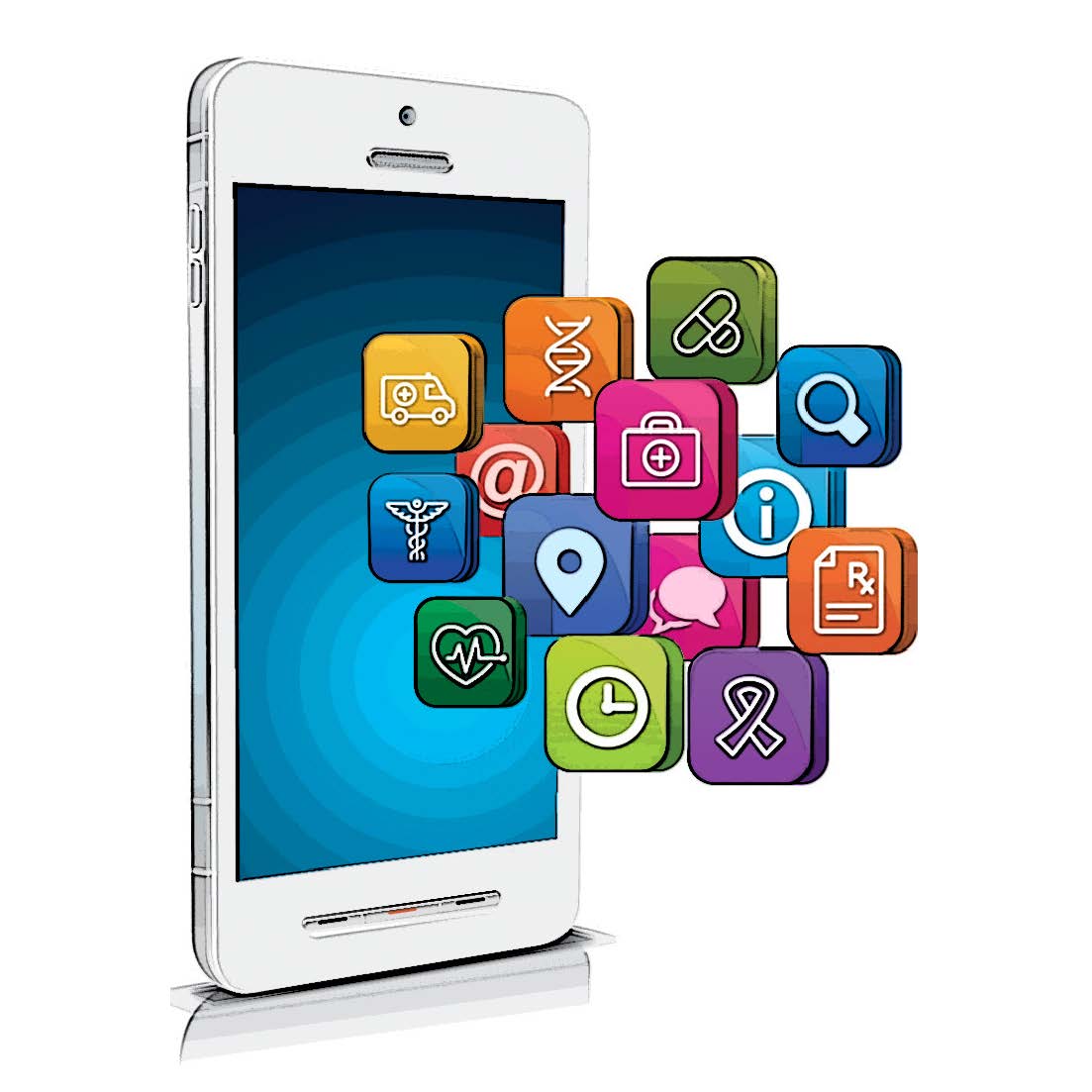Former Johns Hopkins classmates Shrenik Jain and Ravi Shah share a common concern: People with mental health difficulties often struggle without seeking help. While computer science students, and with guidance from Johns Hopkins psychiatrist Geetha Jayaram, Jain and Shah built an app and later founded a company called Sunrise Health to anonymously connect people to peer support groups at any time.
Users of the app pick an anonymous screen name and then choose a support group based on their needs, such as help dealing with stress or depression. Before joining a group, they have a text chat with the moderator to confirm whether the group is a good fit. Moderators range from clinical therapists to recovery coaches. Once accepted into a group, a member can text the group 24/7.
Jain, who has taken a leave from Johns Hopkins to work on Sunrise, says other mental health text-support apps offer one-on-one therapy only, and can be expensive and do not have formal moderation. The Sunrise app merges peer support with structured therapy by using natural language processing (NLP), a human language subset of artificial intelligence, to identify emergencies or abuse within the groups.
For example, the NLP tools can flag sentiments such as, “I want to kill myself,” as well as more subtle signs, such as pronoun shifts or jargon changes based on a person’s baseline jargon, with specialized models created for different populations. The NLP tools can track the progress of patients over time based on the words and phrases they use, and send push notifications to group moderators when something is flagged. The algorithms can also recognize and delete abusive messages.
Ultimately, Jain and Shah hope the innovation will provide access to group therapy for people who otherwise would not seek help. They also want to enable social workers, case managers and therapists to easily engage patients and manage more cases. The pair has funding from the National Institutes of Health and several foundations, and is currently testing the platform in multiple pilot locations.



